CEO tackles 'pizzanomics' with slices of innovation
Updated: 2016-09-09 11:26
By Nan-hie In(China Daily USA)
|
|||||||||
"Have you seen my double-decker pizza? You will be blown away. We are always leading in innovation," said Richard Leong, chief executive of Pizza Hut Hong Kong. He leafs through one of the company's old menus and points to the tiered pie, a thin-crust pizza atop a larger pepperoni version.
Leong clearly enjoys reactions of surprise to his company's wild and often bizarre interpretations of one of the world's most ubiquitous foods. But this is a market where Pizza Hut's Roulette Cheesy Bites - pizzas with a gaming element - is a top seller.
The crust's "bites" are filled with mozzarella or a pepperoni and cheese filling, and one bite in the mix is a super chili version. Diners can challenge each other using this roulette wheel-style dish to see who is lucky or unlucky: Whoever picks the ultraspicy "bite" is the loser.
"When it comes to product development, it's not just about taste. Every product has an idea behind it; in this case it's about who will be crazy enough (to risk getting the spicy bite)," Leong said.
Every two months, Pizza Hut launches a new concept. According to Leong, if that product does not resonate with customers, sales decline. If the chain fails to release another new concept in this time frame, sales also decline. This reflects the tough "pizzanomics" of Hong Kong.
But the company's innovationgeared approach to satisfying customers' appetites for novel items, among other strategies, has produced a winning formula. Pizza Hut, part of the Jardine Restaurant Group, has 110 outlets in Hong Kong that generate more than HK$1 billion ($129 million) in annual revenue, said Leong.
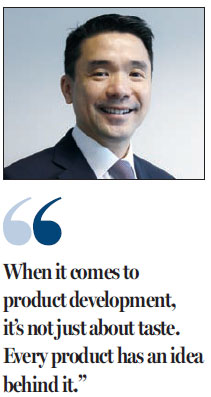
So has the company considered churning out the ultra-purist Italian pizzas popular in some busy Hong Kong dining districts?
"The problem is, my consumers will not want that," said Leong. "If you're such a big brand like Pizza Hut, you need to create a powerful brand with products that cater to all walks of life," he said.
Hong Kong's dining landscape has changed dramatically in recent years, driven by the city's high rents. Moreover, these forces have affected consumer habits.
In the past, patrons would venture into malls with their friends or loved ones to dine and hang out at Pizza Hut. But as property prices have risen, nicer residential neighborhoods have sprouted outside of the city's main centers. Patrons now want to pop into a neighborhood place for a meal, and clients are demanding faster service.
In response, Pizza Hut has established Pizza Hut Bistro, a smallerscale cafe version of its brand. Its operations are designed to serve customers quickly, and items on the digital menu board include croissants and curry rice.
This is just one of various strategies the company has employed to adapt as the industry evolves. "I really like my role because everything you face is a different challenge," Leong said. "It's like coming to work with a new puzzle to solve, and I enjoy those things being thrown at me so I can find different solutions."
Leong has learned to thrive on opportunities and challenges.
He was the youngest child in a Malaysian family, with an architect father, housewife mother and three siblings- and the revelation that they were half-siblings made him a sensitive child.
"My mother's story was like a fairy tale," Leong said. "She was a poor girl with a bunch of kids, then met my rich dad and they got together.
At school, the young pupil discovered Buddhism and its teachings about compassion and tolerance. The philosophy resonated with him so much that at 19, he became a monk for two weeks at the Wat Saket temple in Bangkok.
The newly bald, eyebrow-free monk prayed daily at 5 am and walked barefoot through the city in search of alms.
This spiritual journey deepened his Buddhist belief system which has stayed with him throughout his life and shaped his ability to overcome struggles.
"When adversity happens, there is a reason it happens. You have to accept it rather than to feel down about it; you also have to help other people along the way," he explained. Leong is a believer in karma, and looks back on this period as reminder to be good to people.
To appease his parents, he went to university in the United Kingdom and graduated with a degree specializing in banking finance, later landing a "boring" job at a bank in Malaysia.
But he left for more creative pursuits at advertising, marketing and public relations agency Ogilvy& Mather, and career success and regional Asian experience followed.
By age 27 he had risen through the ranks to No 2 at Ogilvy's Vietnam office.
But Leong was hungry for more. He presented a restaurant business plan to the agency's chairman, Miles Young, who liked the idea and helped finance the venture - so Papa Alfredo's Italian restaurant was set up in Bangkok, Thailand.
The Kuala Lumpur native dubbed that five-year restaurant experience "hard labor".
He juggled two responsibilities simultaneously, taking on a consulting role for DDB, an advertising and marketing agency for banks. When DDB asked him to work in its Hong Kong office as client services director, Leong dived back into the corporate world.
Eventually he gravitated back to Ogilvy & Mather, where Pizza Hut became his client for two years. Little did he know it would lead to a more significant role at the pizza chain.
For China Daily
(China Daily USA 09/09/2016 page10)
- Three women planning 'imminent' attacks arrested in France: minister
- China, Britain vow to deepen military exchanges, mutual trust
- Suspected DPRK nuke test casts shadow on THAAD
- British parliament to debate second Brexit referendum petition
- Chinese women find their way through the glass ceiling
- Rousseff leaves presidential residence in salutation
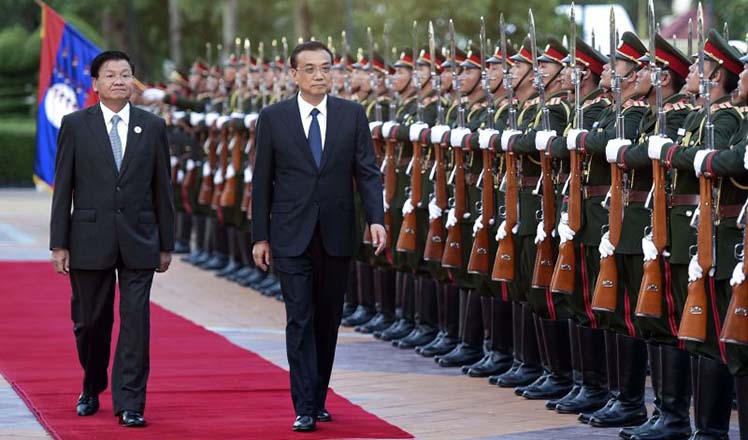
 Sights and sounds of Premier Li's visit to Laos
Sights and sounds of Premier Li's visit to Laos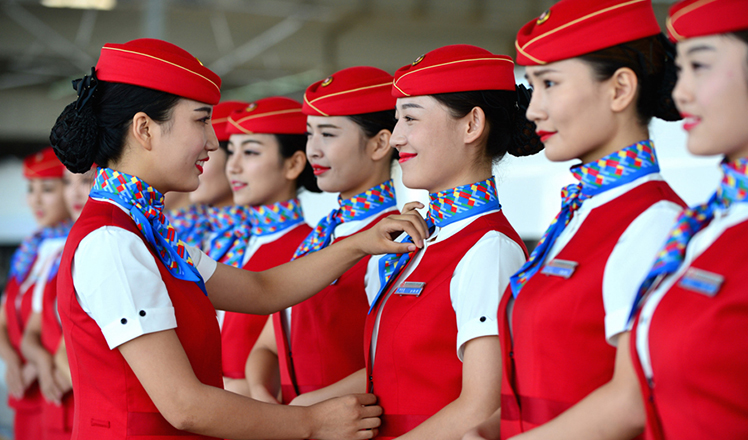
 Bullet train attendants strut new look in Xi'an
Bullet train attendants strut new look in Xi'an
 Ten photos from around China: Sept 2 - 8
Ten photos from around China: Sept 2 - 8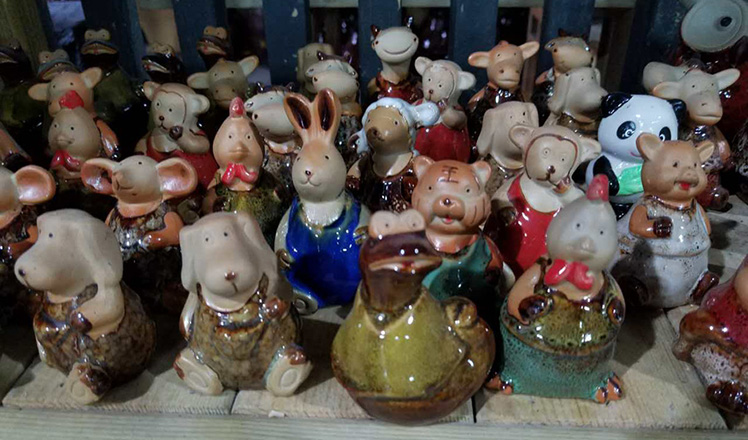
 Turning mud into work of art
Turning mud into work of art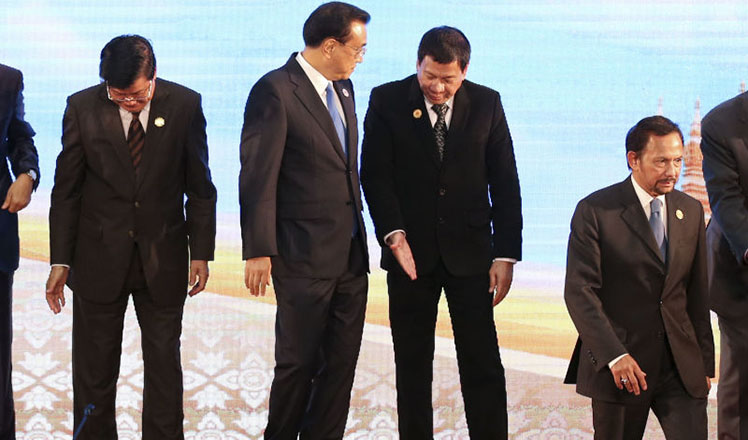
 Unforgettable moments of Premier Li at ASEAN meeting
Unforgettable moments of Premier Li at ASEAN meeting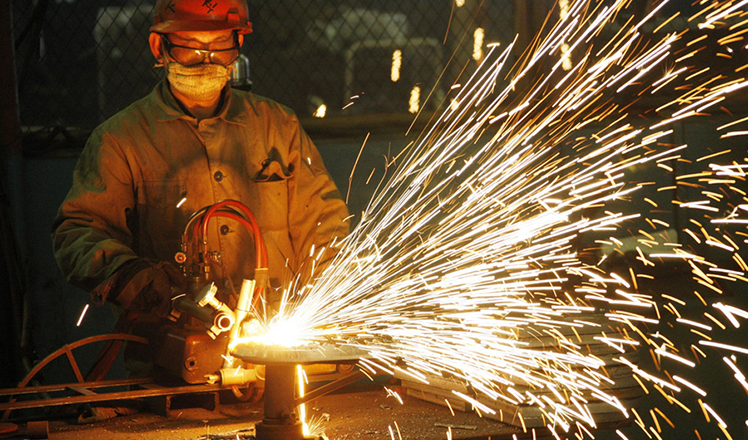
 Six policy signals China sent at G20 Summit
Six policy signals China sent at G20 Summit
 'First Lady table ware' a hit in Hangzhou
'First Lady table ware' a hit in Hangzhou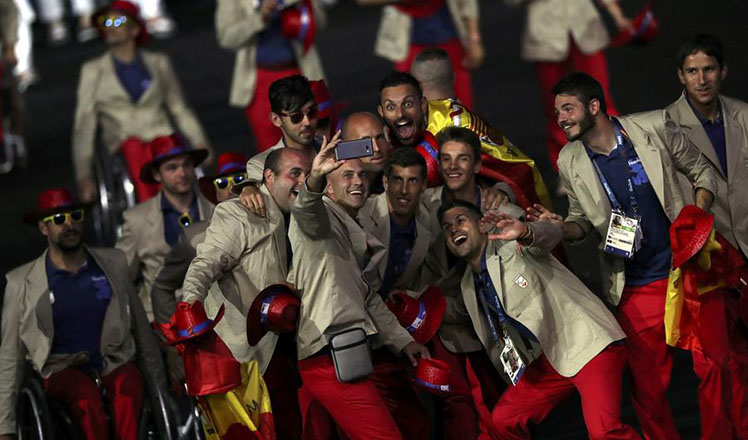
 Paralympics opens in Rio
Paralympics opens in Rio
Most Viewed
Editor's Picks

|

|

|

|

|

|
Today's Top News
Trump outlines anti-terror plan, proposing extreme vetting for immigrants
Phelps puts spotlight on cupping
US launches airstrikes against IS targets in Libya's Sirte
Ministry slams US-Korean THAAD deployment
Two police officers shot at protest in Dallas
Abe's blame game reveals his policies failing to get results
Ending wildlife trafficking must be policy priority in Asia
Effects of supply-side reform take time to be seen
US Weekly

|

|









